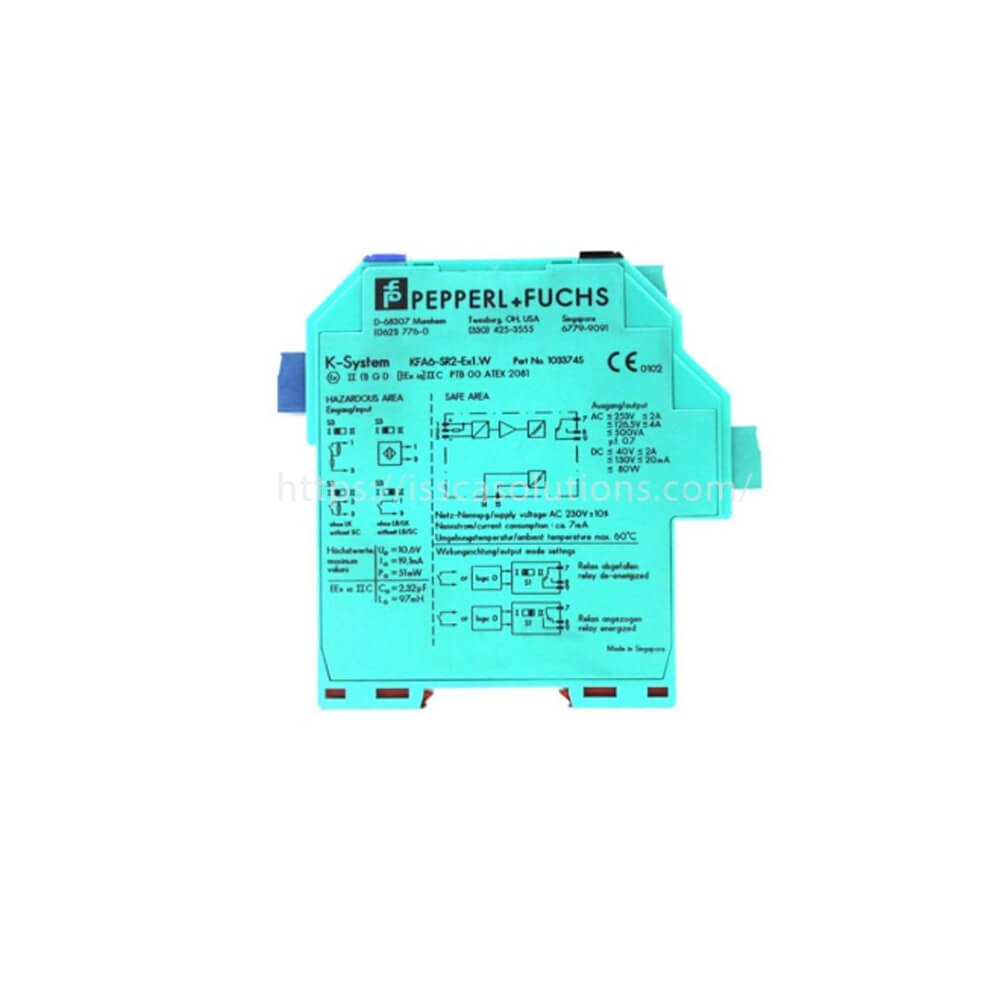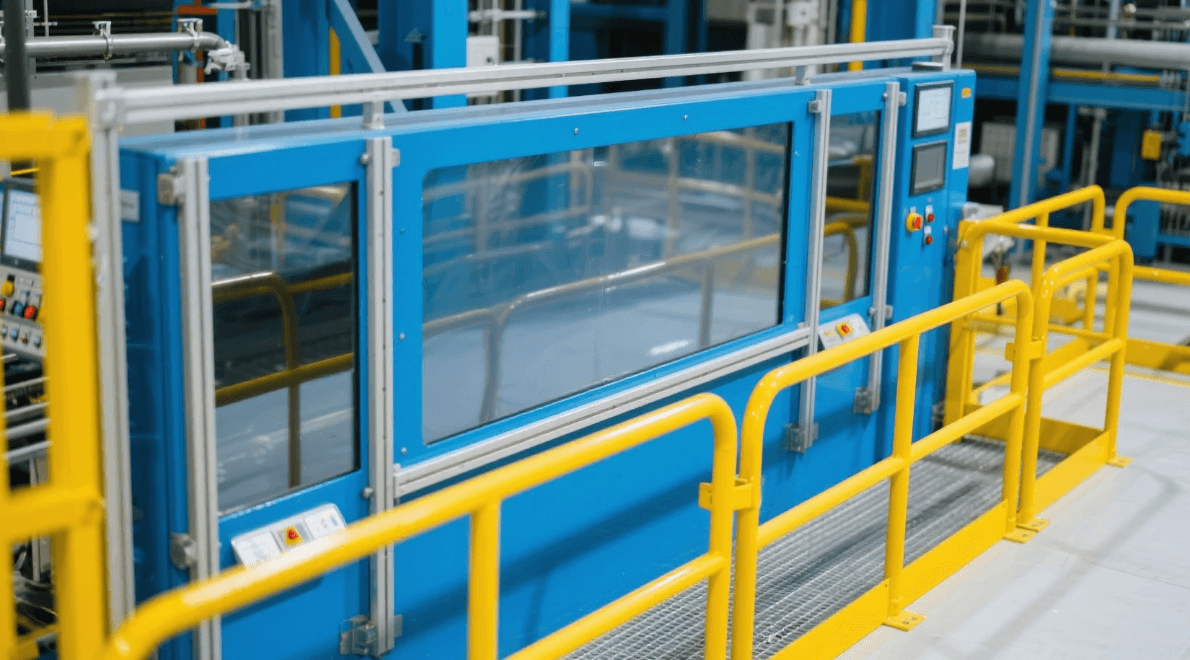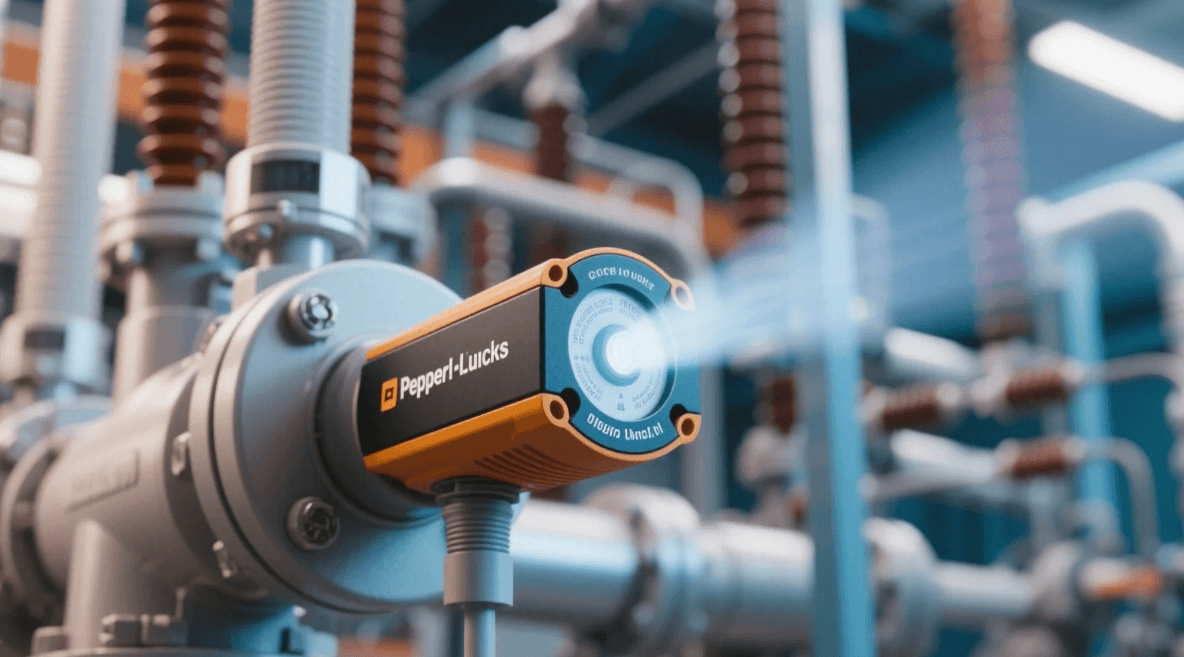Automatización de fábricas: El futuro de la eficiencia industrial
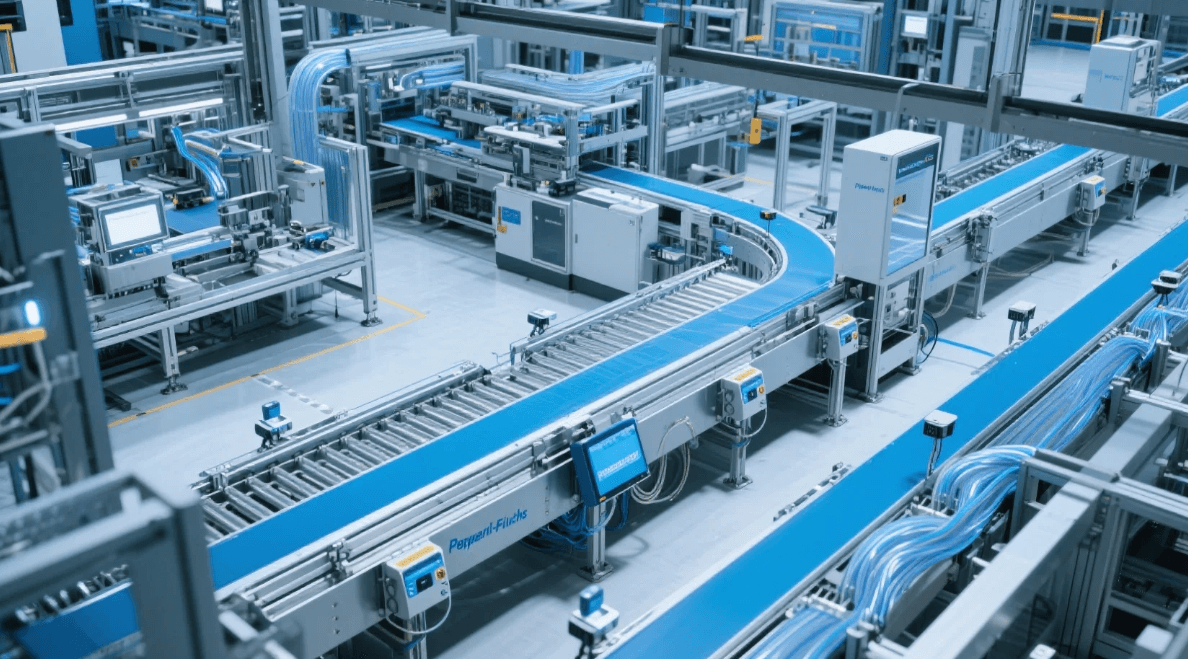
Introduction: Why Factory Automation Matters
In today’s globalized, digitized manufacturing landscape, efficiency is the cornerstone of competitiveness. Factory Automation is no longer a luxury—it is a strategic necessity. By automating repetitive tasks and enabling data-driven decision-making, manufacturers improve productivity, safety, and precision while reducing costs and human error.
What Is Factory Automation?
Factory Automation refers to the use of technology, including sensors, controllers, robotics, and software, to perform industrial processes with minimal human intervention. It encompasses a wide range of applications, from simple programmable logic controllers (PLCs) to complex AI-driven systems.
The Core Advantages of Factory Automation
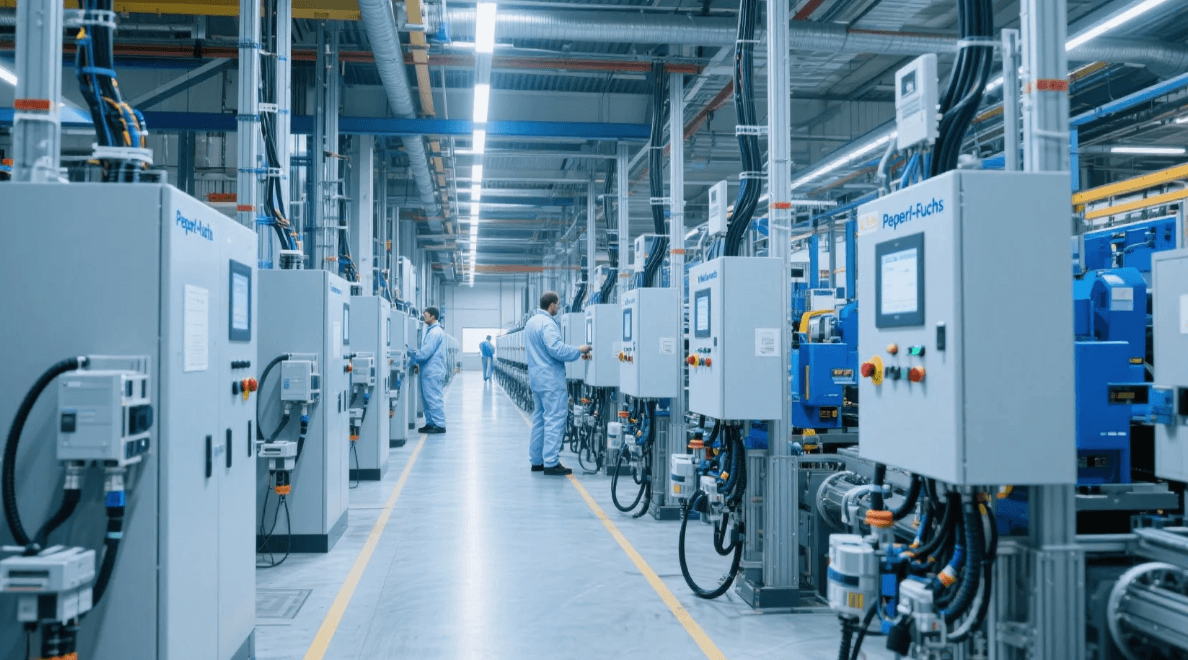
1. Increased Productivity
By operating continuously without breaks, automated systems boost output and throughput significantly.
2. Enhanced Safety
Automation reduces human exposure to hazardous environments and repetitive tasks, lowering accident rates.
3. Improved Product Quality
With consistent precision, Factory Automation minimizes variability, ensuring high-quality, uniform production.
4. Reduced Operational Costs
Over time, automation lowers labor costs and decreases resource waste through optimized process control.
5. Real-time Monitoring & Control
Smart automation systems enable instant feedback, predictive maintenance, and adaptive adjustments.
The Role of Sensors in Modern Factory Automation
Sensors are the backbone of intelligent manufacturing. They collect real-time data on temperature, pressure, position, and motion, which is crucial for process control and efficiency.
Pepperl+Fuchs: Setting the Standard
With decades of innovation, Pepperl+Fuchs offers a wide range of industrial sensors and explosion protection solutions that are foundational to smart Factory Automation systems. Their products are designed for reliability in the most demanding environments.
Applications of Factory Automation in Electrical and Industrial Sectors
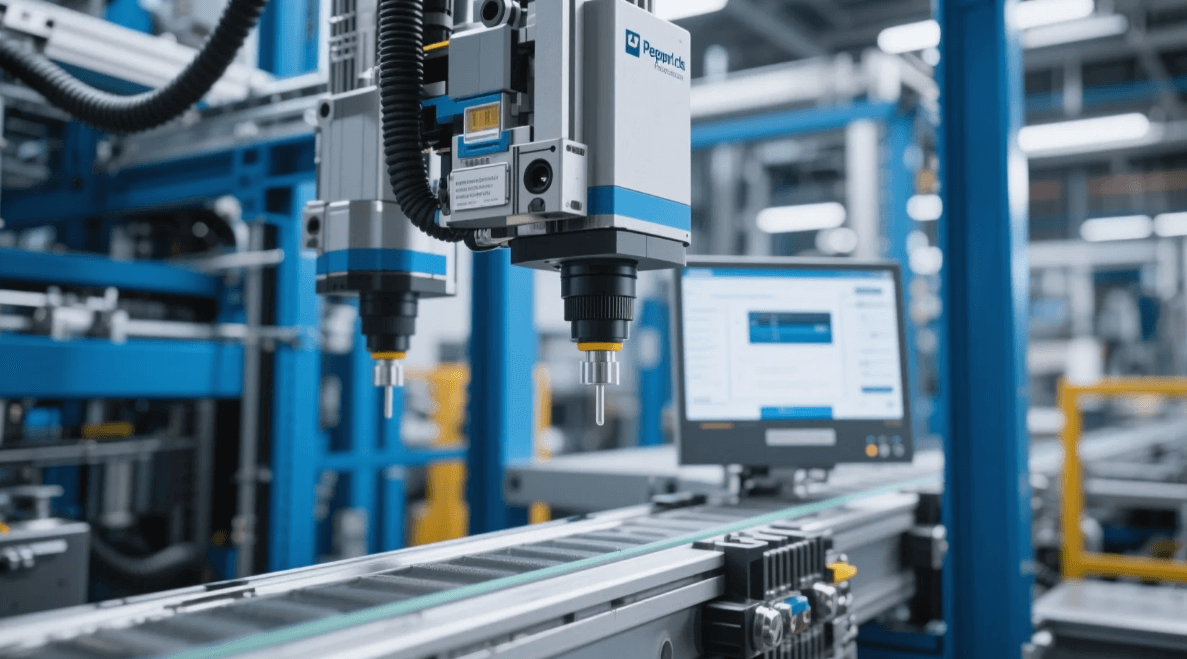
1. Assembly Line Automation
Robotic arms, guided by proximity and vision sensors, perform tasks from welding to component insertion.
2. Quality Control
High-resolution inspection sensors and automated rejection systems ensure flawless products.
3. Warehouse and Material Handling
Automated storage and retrieval systems (ASRS) use sensors to manage inventory efficiently and safely.
4. Energy Management
Factory systems use automation to monitor and optimize energy consumption, supporting sustainability.
Emerging Trends in Factory Automation
AI and Machine Learning
Integrating AI into Factory Automation allows for predictive analytics, intelligent decision-making, and adaptive control.
Industrial IoT (IIoT)
Connected devices and sensors enable real-time data sharing across systems, creating a unified automation ecosystem.
Collaborative Robots (Cobots)
Cobots work safely alongside humans, enhancing flexibility and minimizing the need for safety barriers.
Digital Twins
These virtual replicas of physical assets allow for simulation, analysis, and optimization before real-world implementation.
Why Choose Pepperl+Fuchs for Factory Automation?
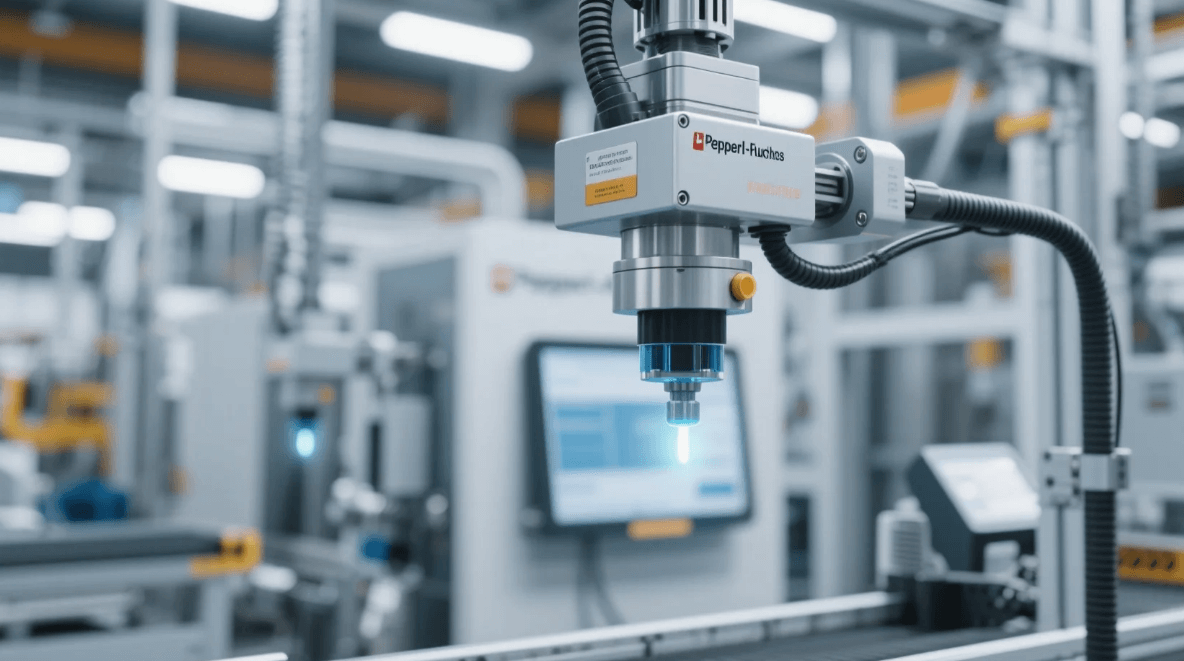
Proven Reliability
Pepperl+Fuchs sensors are engineered for harsh industrial environments, ensuring long-term durability.
Comprehensive Product Range
From inductive sensors to ultrasonic and photoelectric devices, they offer end-to-end solutions.
Strong Industry Partnerships
The brand collaborates with major automation platforms to ensure seamless integration into existing infrastructures.
Commitment to Innovation
R&D investments and customer feedback fuel continual innovation in automation technologies.
Challenges and Considerations
Integration Complexity
Combining legacy systems with new automation tech requires careful planning and expert support.
Workforce Training
To fully leverage Factory Automation, ongoing employee education is crucial.
Initial Investment
While the ROI is strong, the upfront cost can be a barrier for small manufacturers.
Conclusion: Building the Smart Factories of Tomorrow
Factory Automation is not just a technological upgrade—it’s a competitive imperative. With solutions from Pepperl+Fuchs, manufacturers can unlock new levels of efficiency, safety, and innovation. As industries continue to evolve, automation will be the bridge that connects traditional processes with the future of smart manufacturing.
Preguntas frecuentes
1. What industries benefit most from factory automation? Manufacturing, automotive, food and beverage, and pharmaceuticals are major beneficiaries.
2. How does automation improve worker safety? By removing humans from repetitive or dangerous tasks, automation lowers the risk of injury.
3. Can factory automation reduce energy usage? Yes, through intelligent energy monitoring and control systems.
4. Is Pepperl+Fuchs automation scalable for small businesses? Absolutely. Their modular solutions can be tailored for operations of all sizes.
5. What is the future of factory automation? It lies in AI integration, edge computing, and increasingly autonomous systems driven by real-time data.





